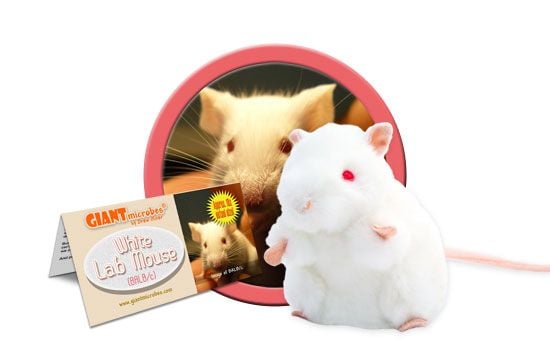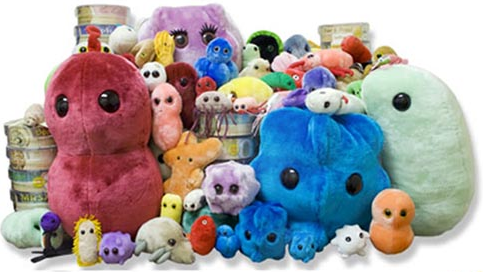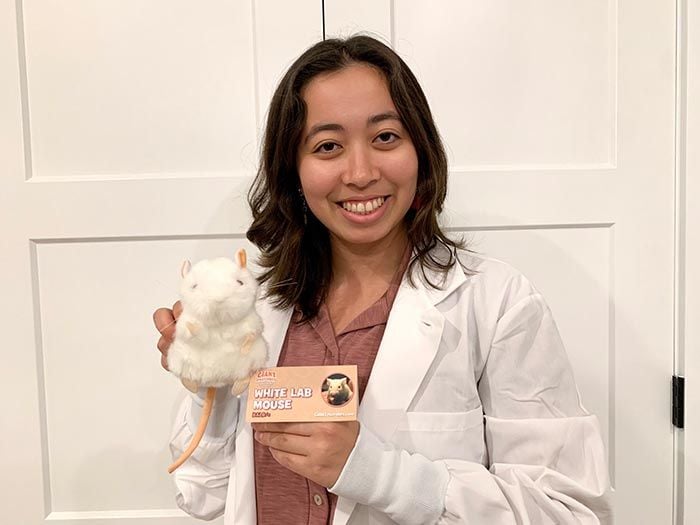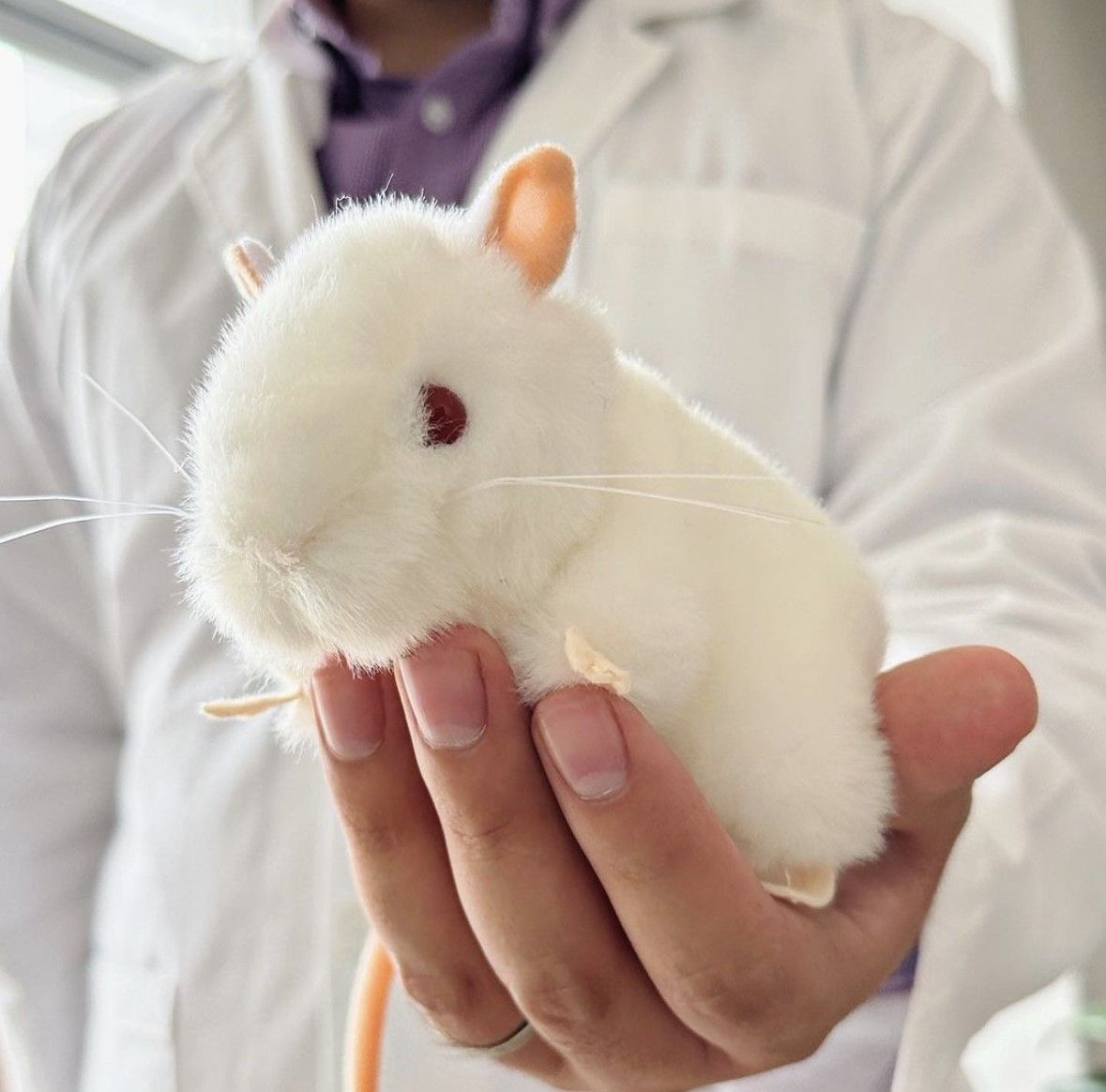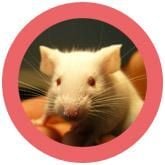White Lab Mouse (BALB/C)
The white lab mouse is the unsung hero of our medical miracles. But does it want renown – or just a happy home? You decide.
Our little mouse makes an adorable companion. Suitable for lab scientists and researchers, but not good for people with elephants!
Fun hands-on way to learn about these fascinating rodents and how they are vital for modern medicine research. Adorable and Memorable gift for scientists, educators, medical lab professionals, family, friends, students, and anyone who is interested in lab life and these intuitive creatures.
Features high quality materials, realistic design and includes an educational card with fascinating facts about lab mice.
Size: 6” x 6” x 3”
Product Details
Additional Information
| Sizes | Giantmicrobes are based on actual microbes, cells, organisms and other critters, only 1,000,000 times actual size! Gigantic (GG) 16-24" XL (XL) 10-15" Original (PD) 5-8" Keychain (KC) 2-4" with clip |
|---|---|
| Materials | Plush from all new materials. Stuffed with polyester fiber fill. Surface washable: sponge with water & soap, air dry. |
| Packaging | Each plush microbe includes a printed card with fun, educational and fascinating facts about the actual microbe or cell. |
| Safety | Every product meets or exceeds U.S. and European standards for safety. For ages 3 and up. |
All about White Lab Mouse (BALB/C)
FACTS: The word mouse derives from the Sanskrit “mush” meaning to “steal.” But if the race of mus musculus pinched grain from our forebears, it has more than made up for it in modern times: the lab mouse is the unsung hero of modern medicine, and there are millions of people who literally couldn’t live without it.
Of course, untold numbers of fruit flies and the nematode C. elegans have also made the ultimate sacrifice and rendered incalculable service to humanity. But for many questions relating to genetics, immunology, cancer-research, and drug testing, only a mammalian relative is close enough on the family tree to provide answers. And as far as mammals are concerned, mice are among the smallest; they breed and mature rapidly (and prolifically); they have gentle fathers who do not harm their young (which facilitates breeding); and they have an easy, pleasing disposition.
Nevertheless, because we feel a common bond with our murine relatives, using them without their consent to harvest the tree of knowledge raises moral and ethical concerns. Indeed, certain mice-families have given hundreds of generations of their kin for our account. (The BALB/c family, whose progenitor came to the attention of Dr. H. J. Bragg in an Ohio pet dealership in 1913, has provided some of the noblest service of all.)
But regardless of whether our mortality justifies the morality, we should certainly acknowledge and be grateful for the magnitude of the debt that we owe to these tiny creatures.
And perhaps a bit of cheese from time to time isn’t so out of line after all?


